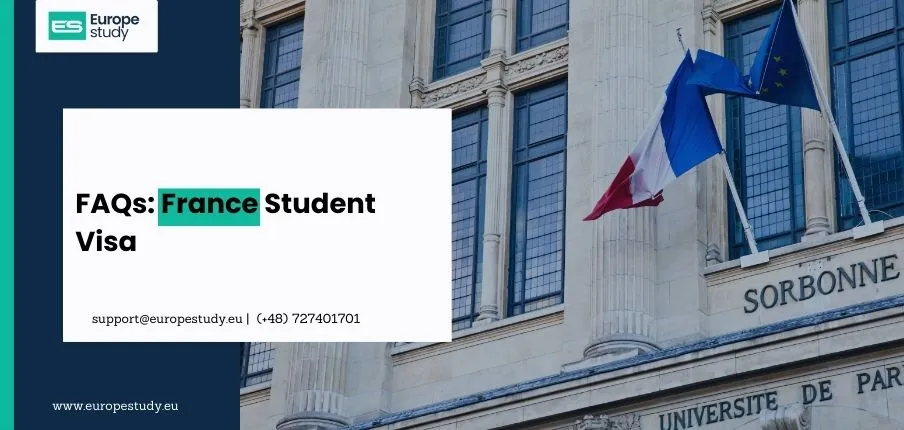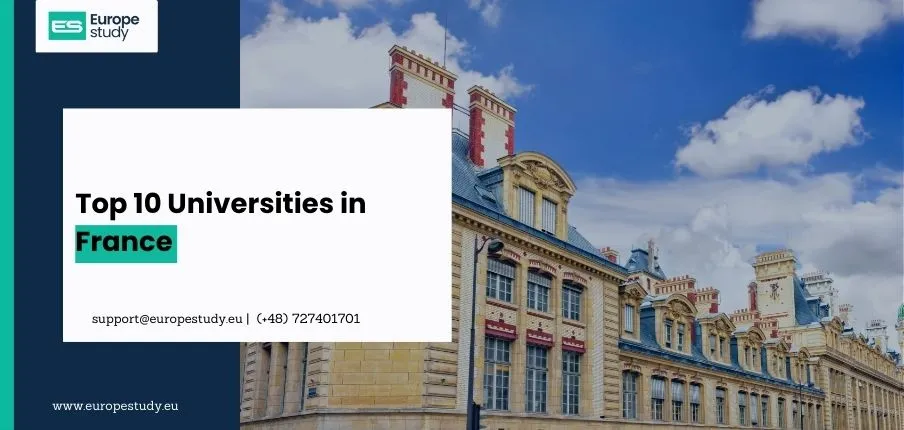
The Different Levels of Study in Belgium
Belgium offers a structured and diverse range of higher education options, catering to various academic interests and career paths. The educational system is based on the European Credit Transfer and Accumulation System (ECTS), with each qualification progressively building upon the last. Below is an overview of the different levels of study available in Belgium:
1. Bachelor's Degree (180 Credits / 3 Years)
The Bachelor’s degree, known as the Bachelier in French, is the first major academic qualification in Belgian higher education. It typically takes three years to complete and requires the accumulation of 180 ECTS credits. This degree provides the foundational knowledge in a broad field of study and prepares students for entry into the job market or further study.
To gain admission to a Bachelor’s program, prospective students must have completed secondary education or hold an equivalent qualification. Some programs may require additional requirements, such as passing a competitive entrance exam or complying with a numerus clausus, especially for international students.
2. Master's Degree (60 to 120 Credits / 1 to 2 Years)
The Master's degree is pursued after completing a Bachelor’s degree and typically takes one to two years. It involves the acquisition of more specialized knowledge in a specific field and prepares students for advanced professional or research careers. The program requires the completion of 60 to 120 ECTS credits, depending on the specific discipline and the institution.
A key feature of the Master's program is the focus on practical skills and research, with fewer theoretical courses compared to the Bachelor’s degree. In addition, the Master's degree is often seen as equivalent to the French Licence, and equivalency is usually automatic for students transferring between these two systems.
Another advantage of the Master's program in Belgium is its affordability. Tuition fees are relatively low compared to other European countries, making it an attractive option for both domestic and international students.
3. Additional Master’s Degree (60 Credits / 1 Year)
For those looking to gain further specialization, the Additional Master’s degree offers a focused training experience in a particular profession or field. Typically taking one year and comprising 60 ECTS credits, this qualification follows the completion of a Master's degree or equivalent and serves as an opportunity for deeper expertise before entering the job market.
This type of program is ideal for individuals aiming to work in highly specialized roles and is often pursued by students who have already gained significant academic experience (usually five years of prior study).
4. Doctoral Degree (180 Credits / 3 Years)
The Doctoral degree represents the pinnacle of academic achievement and is available to students who have completed a Master’s degree. It typically requires the completion of 180 ECTS credits and involves three years of intensive research under the supervision of a thesis advisor.
To pursue a Doctoral degree, candidates must have a clearly defined dissertation topic and receive approval from a professor who will act as their thesis supervisor. The process includes drafting a research proposal, which is subject to review and acceptance by the university.
Finding a sponsor is crucial to initiating the Doctoral program, as the sponsor (usually a professor) must support the candidate’s research proposal. To locate a potential sponsor, students are advised to explore academic websites and online research portals of Belgian universities, identifying professors with expertise in their area of interest.
Belgium's higher education system is designed to offer flexible and progressive study options for students. From the foundational Bachelor's degree to specialized Master's and Doctoral programs, Belgium provides ample opportunities for academic growth and professional development. Whether you are seeking broad knowledge, focused specialization, or groundbreaking research, the Belgian education system offers a range of pathways to success.





